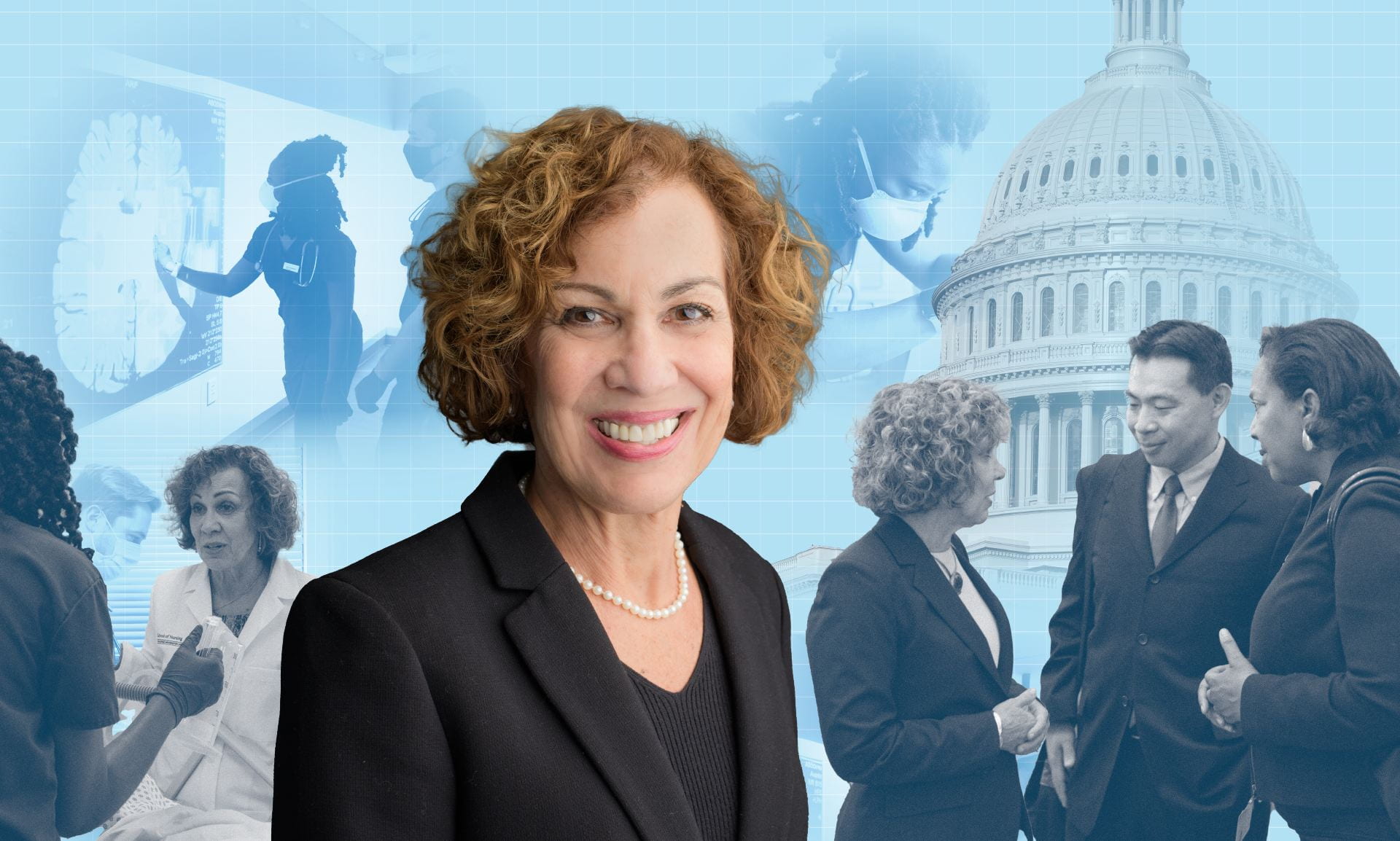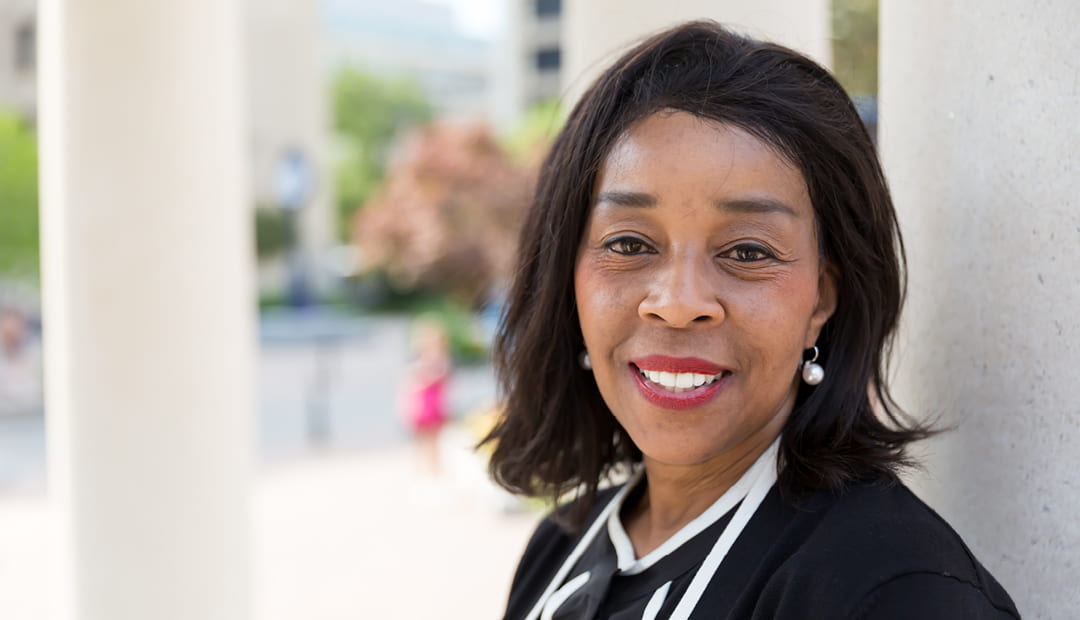With COVID-19 as the backdrop for the world, the tragic murder of George Floyd and the killings of Breonna Taylor and Ahmaud Arbery brought to the forefront, once again, the issues of race, racism, and police brutality that have existed in America for decades in their modern forms. As a school of nursing, our hearts were heavy. We were outraged and dismayed. Some of us were tired and weary. The dean of GW Nursing, Dr. Pamela Jeffries and Dr. Sandra Davis, the school’s assistant dean for Diversity, Equity, and Inclusion, believed it was necessary to provide for the GW Nursing community time and a safe space to talk, share and listen, and to process systemic racism.
On June 2 and June 4, GW Nursing held a faculty and staff town hall and a student forum and wellness session. These sessions were moderated by Dr. Davis and invited panelists: Dr. Grace Henry, director of the School of Medicine and Health Sciences Office of Diversity and Inclusion; Natasha Kazeem, executive associate dean, Operations and Chair, Diversity and Inclusion Task Force Milken Institute School of Public Health; Jonathan M. Walker, assistant dean, Student Services, Diversity and Inclusion Elliott School of International Affairs and Kylie R. Stamm, diversity program manager, Elliott School of International Affairs.
The feedback from these meetings demonstrated the desire of students, faculty, and staff to learn more and do more to eliminate systemic racism in America. Accelerated Bachelor of Science in Nursing student Katherine Liwanag reached out to Dr. Davis to ask for more sessions. Ms. Liwanag said, “The insight, the pain, the hope, were all honest opinions and feelings that needed to be heard.” Mary Pearce, director of student services, asked what more we could do as a school. Continuing the Conversation was the direct result of faculty, staff and students wanting a safe space to address systemic racism in America. Dr. Davis said, “Race and racism have always been such taboo subjects. Through Continuing the Conversation, we are making the uncomfortable comfortable.” To make progress toward dismantling systemic racism, we need to first be able to talk to each other.
The feedback from the series has been encouraging, inspiring, hopeful and positive. Attendees have expressed appreciation and gratitude for the series. Attendees share books, movies, videos and webinars. They are reading, learning and sharing knowledge and resources with family and friends. They engage in ongoing learning and self-reflection after the sessions.
Accelerated Bachelor of Science in Nursing student Billy Baron has not missed a session in 12 weeks. He said he has grown tremendously, both personally and professionally. The sessions have empowered him to engage and feel comfortable in conversations about race.
Mary Pearce and Dr. Davis knew early on from positive responses that the series would not stop at the end of the fall semester. The respect and trust built among the attendees are a testament to a commitment to work for change at all levels of society. The next phase of the Continuing the Conversation series will be Unfinished Conversations, because we can never stop.
The impact of the series is already evident. What we have accomplished among a diverse and inclusive group of faculty, staff and students over 12 weeks is extraordinary. Change is occurring. Faculty are making adjustments to their pedagogy and courses. Faculty, staff and students are more cognizant of the ways that systemic racism operates on a daily basis. They are finding their voice to question and challenge policies, practices, attitudes and actions that once went unnoticed or were accepted as “just the way things are.” Attendees want to be a part of the solution and we’re equipping them with the tools to do so.

